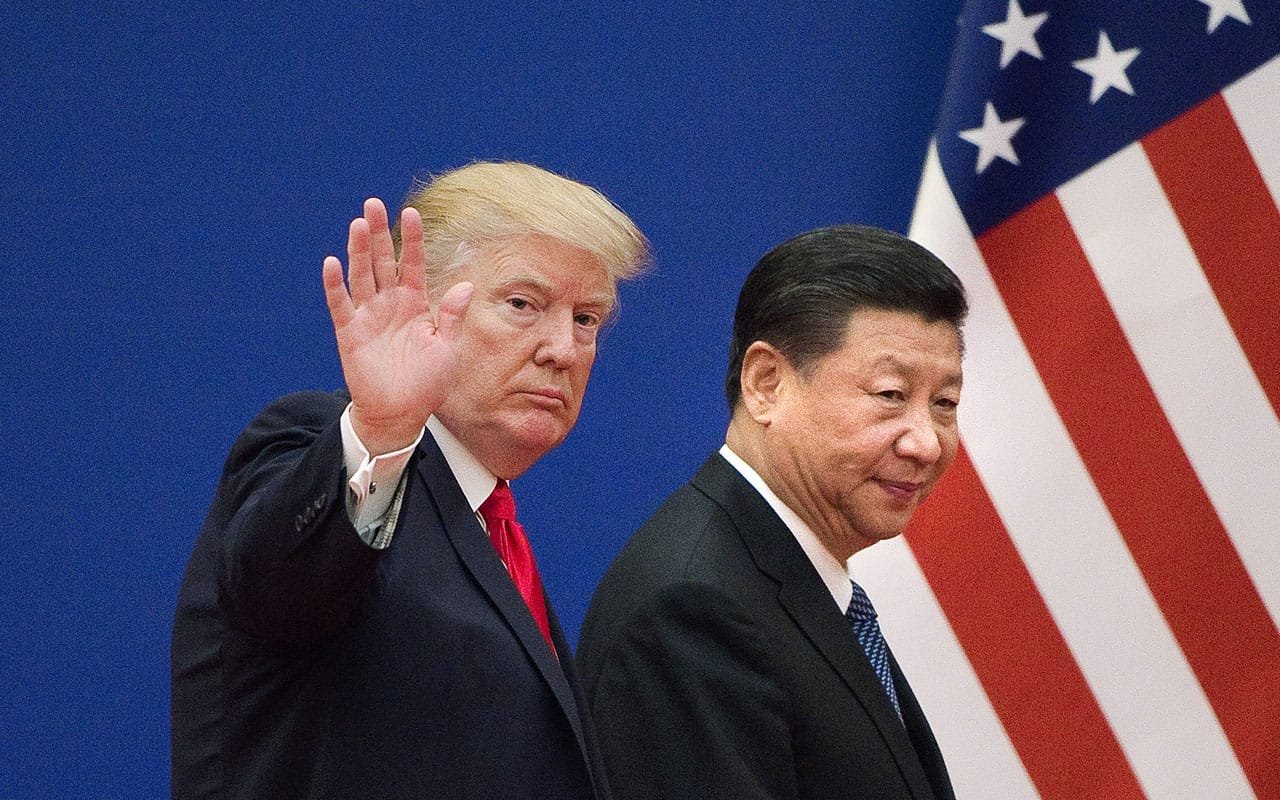President Donald Trump has declined to approve a U.S. military aid package worth over $400 million intended for Taiwan, in what sources say is part of his broader strategy to secure a trade deal with Beijing. The decision, made this summer, pauses a delivery that would have included lethal equipment such as munitions and autonomous drones designed to bolster Taiwan’s defences against increasing Chinese military pressure.
Officials familiar with the matter said the shift reflects a more transactional foreign-policy approach: Trump is pushing for Taiwan to purchase its own defence materiel rather than rely on U.S. assistance under Presidential Drawdown Authority, a route heavily used under the previous administration. Beijing, which views Taiwan as part of its territory and regularly criticises U.S. arms transfers, has long protested such shipments. The timing of the aid decision comes as Trump seeks to cool tensions with China by negotiating trade agreements and preparing for possible high-level talks between U.S. and Chinese leaders.
The White House cautioned that the decision has not yet been finalised and may be reconsidered. Meanwhile, Taipei has begun signaling its willingness to assume a greater burden: Taiwanese defence officials reportedly discussed purchasing billions of dollars worth of asymmetric weapons—such as drones, sensors, and coastal defence systems—amid concern that delays in U.S. support could leave gaps in its near-term capabilities.
Critics—including former U.S. defence officials, warn that this pause in aid risks emboldening China, especially at a time when its People’s Liberation Army (PLA) is intensifying drills and preparing for scenarios involving Taiwan. Some analysts say halting lethal aid now undercuts deterrence and could weaken the strategic posture of both Taiwan and U.S. influence in the Indo-Pacific.
Trump’s decision also mirrors changes in U.S. behaviour toward Taiwan beyond arms aid: high-level defence meetings have been postponed or cancelled, Taipei’s leaders have been discouraged from making certain official visits to the U.S., and some export restrictions on China have been eased. For Taiwan, these shifts are raising worries about how reliably the U.S. will act as a security partner.
As of now, negotiations between the U.S. and China over trade—including issues around tariffs, technology, and regulation of apps such as TikTok—are in play, and the aid decision appears intertwined with those diplomatic contours. Looking ahead, much will depend on whether Trump and Chinese President Xi Jinping meet or agree particular terms that might reverse or codify this shift in U.S. military assistance.





